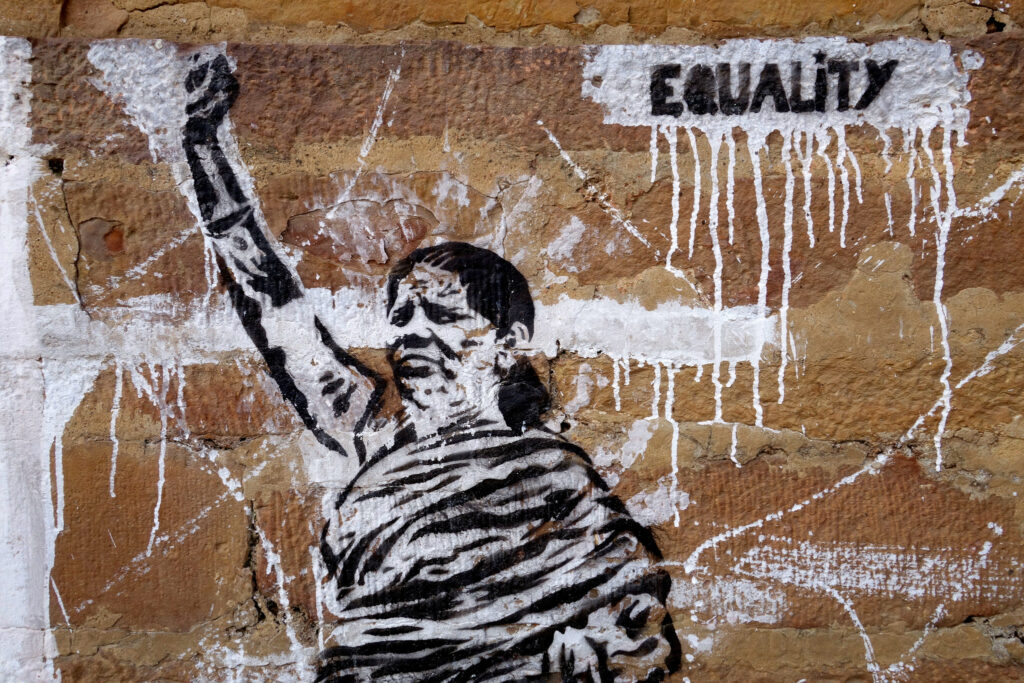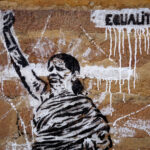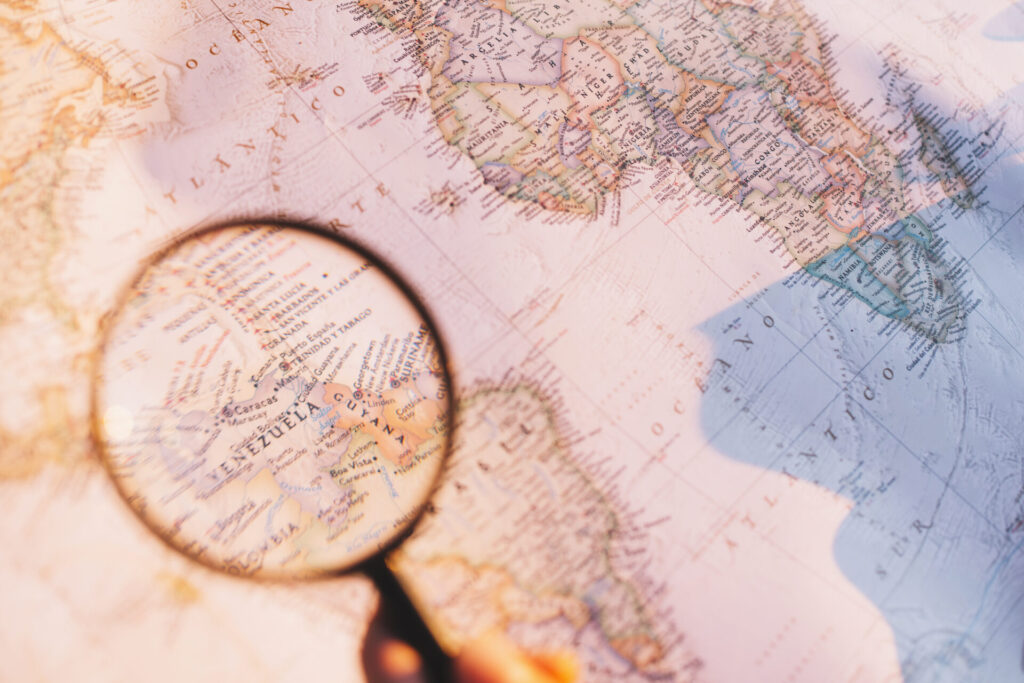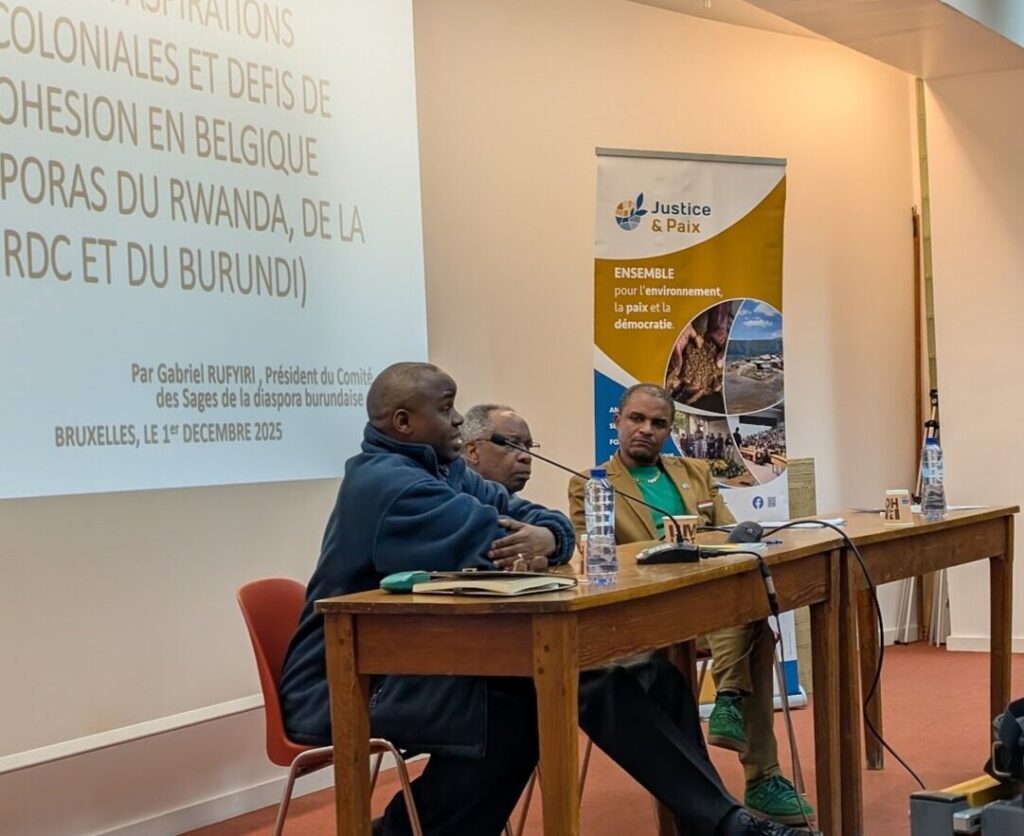There is not one feminist movement, but a range of variations… How can we reconcile the differences, sometimes blatant, between the different European and African struggles? Today it seems essential to look for common denominators and see how these feminisms can inspire and reinforce each other.
Attachments
Notes[+]
| ↑1 | Degavre, “Diversity of feminisms”, Feminist Thoughts, 2008. |
|---|---|
| ↑2 | Ibid. |
| ↑3 | Ibid. |
| ↑4 | Ibid. |
| ↑5 | Examples are: Women of Liberia Mass Action for Peace by Liberian activist Leymah Gbowee (2003), the Peace and Security Network for Women in the ECOWAS Area (REPSFECO). |
| ↑6 | Such AKILI DADA in Kenya, the African Women's Development Fund (AWDF) or Women in Africa. |
| ↑7 | Such CODESRIA (Council for the Development of Social Science Research in Africa) in Senegal and the Gender Research and Documentation Center in Sierra Leone. |
| ↑8 | Such ABANTU for Development in Nigeria and the ECOWAS Center for Gender Development (CCDG). |
| ↑9 | The African Women's Development and Communication Network (FEMNET). |
| ↑10 | “Empowering African Women – Africa Gender Equality Index 2015. |
| ↑11 | According to the concept of intersectionality, formulated for the first time in 1989 by the African-American feminist Kimberlé Crenshaw, the different forms of oppression must be considered jointly, establishing a link between discrimination on racial and gender grounds. “Black feminism and intersectionality”, International Socialist Review, 2013. |





